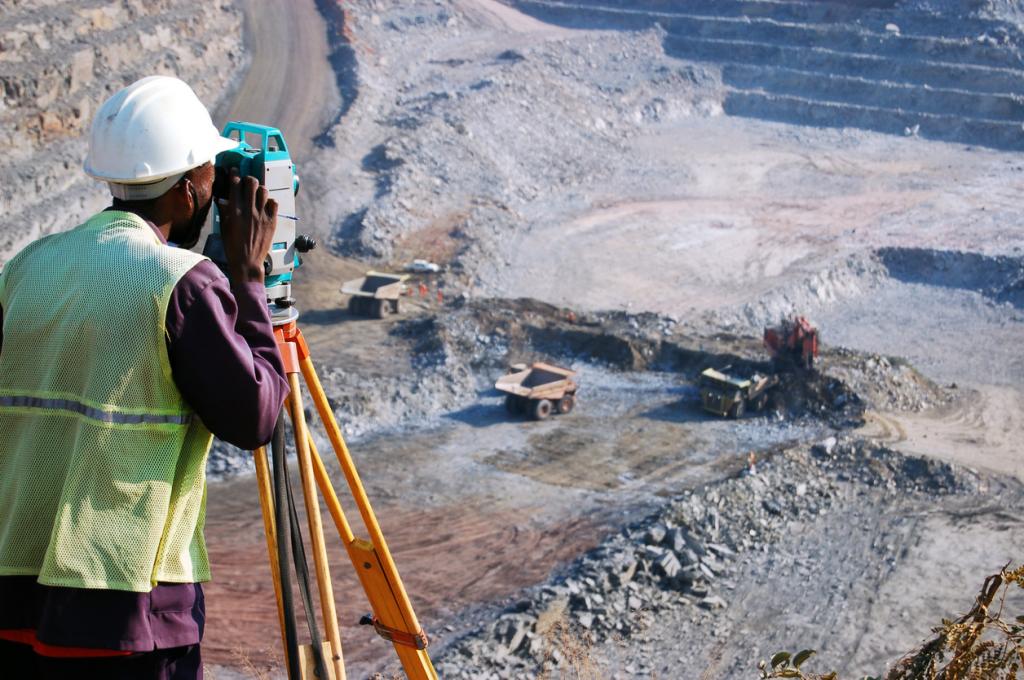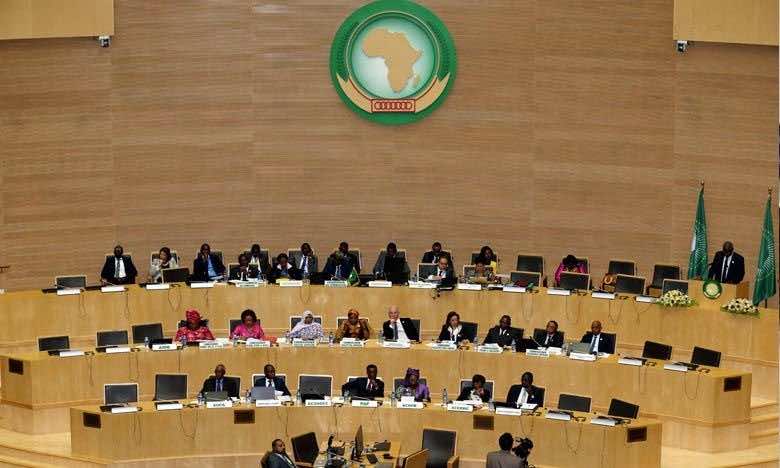Ghana’s government has given the nod to a pioneering green-minerals policy that is aimed at helping the West African country manage the exploitation and production of lithium, a step towards tapping into the multibillion-dollar global industry.
The “Minerals of the Future” policy, which was approved by the cabinet on 27 July, stands testament to Ghana’s proactive stance in positioning itself as a key player in the transition to cleaner energy sources. Poised to redefine the nation’s role in the global minerals arena, the policy document underlines Ghana’s commitment to a sustainable future, as the policy revolves around the exploitation, management, and regulation of “green minerals,” a cohort that includes lithium, cobalt, copper, and others. The document is likely to get parliamentary approval before year-end and provides guidelines to ensure Ghana derives the maximum benefit.
“Ghana is seeking to operate at a level that makes the best out of the resource as much as practical,” Lands and Natural Resources Minister Samuel Jinapor said in a recent interview.“Ghana’s Green Minerals Policy as approved by cabinet demands that not a single volume of lithium produced in this country will be allowed to be exported in its raw state.” Resource nationalism is strengthening across the world, as developing countries seek a greater share of the profits from soaring commodity prices, while addressing historic inequities in the wealth flows from mining. Like in Ghana, also Chile — the No. 2 lithium producer — has eyed a bigger share of the mining windfall to fund schools and hospitals. Hailed as Africa’s biggest producer of gold, Ghana also has deposits of other so-called green minerals including manganese, graphite, and cobalt.



